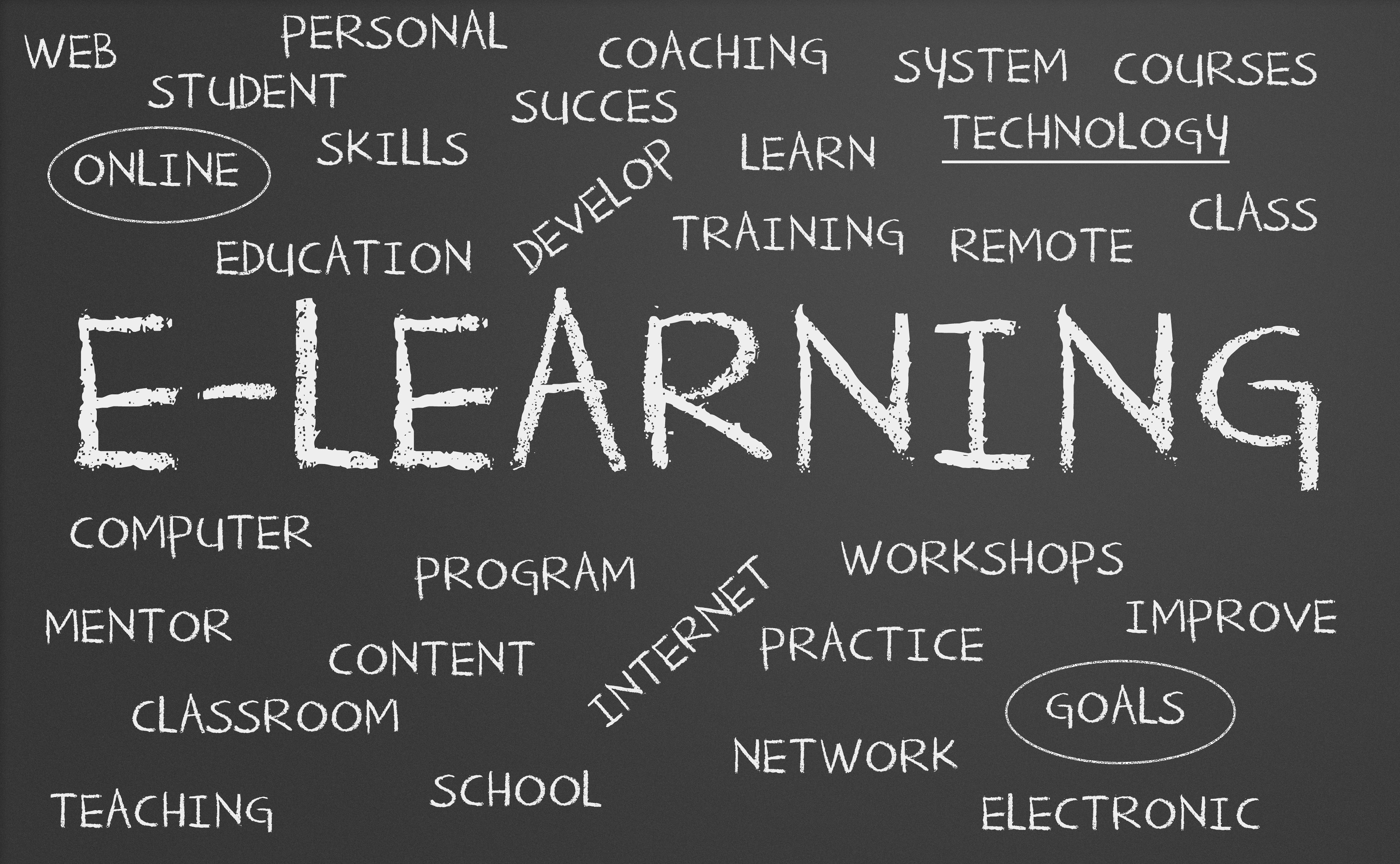In this world of technology, eLearning is playing an important role in the Organizational Development (OD) of a company. It has become very important how an organization prepares its eLearning strategy. It’s now part of ensuring the resources needed to enhance the sustainability are present.
When implementing new initiatives, you will face new problems and thus will require new innovation/policies to overcome them. This might include a new firewall/content policy, a MOU with external partners, an IT team etc. This is essential so that the organization is ready to sustain the innovation which follows. To achieve this through E-learning you need to define a strong business case and strategic goals, pick a platform and prepare a project plan with the scope of work.
Strong Business Case and Defining Strategic Goals
Having a strong Business Case is key to a sustained e-learning initiative as financials are the main barriers to implement it. A strong business case can act as an early indicator to success since it ensures the allocation of resources. Return on Investment (ROI) can vary across projects. Some projects have instant savings on printing cost, teaching hours, efficient administration and communication. Whereas, other projects have long term savings like increased people engagement, enrollments and building capability.
Developing a business case should be learner centric, the organization should assess learner needs and engage them to provide feedback on how things can be made better in terms of delivery using an online system.
Most implementation would have senior leaders directly involved in the project, hence it will be easier to align the project with organizational goals. Senior leaders should define the number of processes including – Key stakeholders and communication channels (internal & external). When it is clear that there is a strategic alignment and senior leadership support, the project will be able to commence with the Project Plan and Scoping.
Picking a Platform
Picking a Platform sometimes can be very easy as some of the HR suite applications come along with a Learning Management System (LMS). There are organizations that use standalone LMS and LCMS (Learning Content Management System) i.e – Saba, Sumtotal, Plateau, Moodle etc. to achieve a much more enhanced learner experience. Built-in modules like OLM and ELM might lack extensive features which would be standard in a standalone LMS. These LMS’ also fit in their long-term strategy as an organization does not like to change its applications very often.
It is not a bad idea to formulate a team to analyze different platforms, their features and rate them accordingly. This is to make sure that there are no surprises once the implementation is complete. Overall, the organization needs to understand how these different LMSs/applications fit with their elearning strategy, goals and budget. Once the decision is made based on these criteria a Project Plan is required before the final implementation starts.
Project Plan and Defining Scope of Work
Documentation is necessary to maintain all Project Plans and scope. This documentation can be referred back to whenever necessary. There are chances of getting this updated based on any changes proposed by the leaders. It also defines resources and the budget needed to complete the implementation.
Recruiting Support Team – You need to recruit talented people for the implementation. Create a core group of key stakeholders to manage the scope process, then identify the individuals that will be involved in the implementation, gap-fit analysis, corporate communications and so on. This process defines the roles and responsibility of each team member.
SOW – The Project plan plays a crucial role in determining the Scope of project. It also defines an outline of what will be included and what will be excluded. There are chances of an implementation getting off track when the scope is not defined correctly in the plan. SOW should include – Details about standard implementation, identifying if integration is required with any other application and any changes that are required in the application to match business requirements (fit-gap analysis).
IT SUPPORT – A major threat to eLearning implementation is lack of IT/technical and people support. This can be in the form of hosting hardware and software, integration with other systems, security and scalability of LMS and bandwidth requirement to run the eLearning courses.
Content Development – The Project Plan should include strategy on the sourcing of content which would be integrated to the LMS. This can include external vendors, internal training leaders, SME (subject matter experts) etc. There are contents which have a long-shelf life and can be easily sourced from the vendor in AICC or SCORM format. There are e-learning conversion tools which are available i.e Articulate Studio, Adobe eLearning Suite etc. which can easily convert your existing content into AICC/SCORM content.
Budget – Before hitting the final “GO” button you need to define the budget so that you can estimate the lifespan of the project. It would be ideal to have a plan B as in some cases cost does adds up quickly and surpasses the estimated budget.
Throughout the implementation you need to have a control for quality. This includes all stages of implementation from scope to content development and this applies even after the implementation.
The Project Plan covers all these topics in detail to avoid any confusion thereafter. Project Support and Maintenance follows the implementation and should be done by the team members as per the roles designated earlier in the plan.
There is much more to say but I would like to complete this overview here with a note that a well planned implementation can contribute effectively to an organization’s key training initiatives and other long term capability development of employees. After all, a plan is as good as it’s execution!






